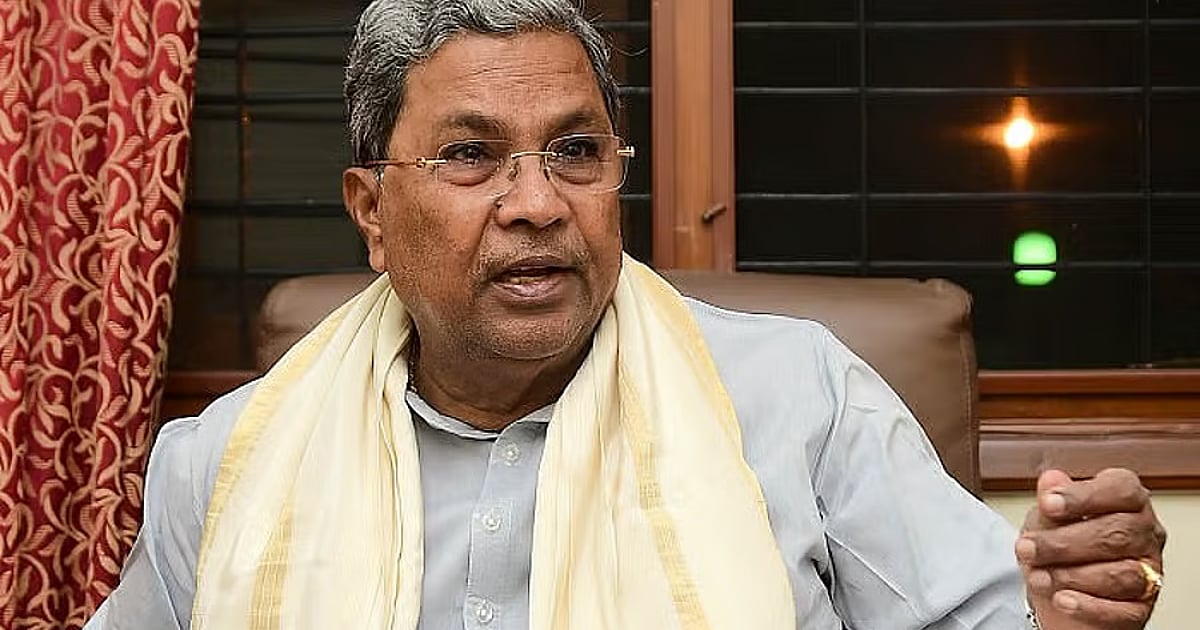Karnataka Urges End to Revenue-Deficit Grants: A Call for Financial Reform

Karnataka has made a bold move, urging the 16th Finance Commission to discontinue revenue-deficit grants (RDGs) allocated to states. The state government argues that these grants, intended to bridge the gap between revenue and expenditure, have become counterproductive, contributing to financial instability and encouraging fiscal irresponsibility in other regions. This stance reflects Karnataka’s commitment to fiscal discipline and a belief in greater state autonomy in managing finances.
The Core Argument: Inefficiencies and Rising Deficits
Karnataka’s primary concern revolves around the observed inefficiencies in the utilization of RDGs and the subsequent rise in deficits within other states. The state believes that simply providing financial assistance without addressing the underlying structural issues that lead to revenue shortfalls is not a sustainable solution. Instead, it advocates for a shift towards incentivizing states to adopt sound fiscal management practices and explore alternative revenue generation strategies.
“We’ve seen a pattern where RDGs haven’t necessarily led to improved fiscal health in recipient states,” explained a senior Karnataka government official. “Instead, they’ve sometimes created a dependency and disincentivized genuine efforts to boost revenue and control expenditure. We believe the 16th Finance Commission has a crucial opportunity to reshape the financial landscape and promote greater accountability.”
Impact on Karnataka and Other States
Karnataka itself has consistently maintained a strong fiscal position, characterized by prudent financial management and a focus on economic growth. By advocating for the abolition of RDGs, Karnataka is essentially arguing for a level playing field where all states are judged on their own merits and incentivized to achieve fiscal sustainability.
The move is likely to be met with resistance from states heavily reliant on RDGs. However, Karnataka’s argument resonates with a growing concern among economists and policymakers about the long-term consequences of excessive reliance on central government transfers. Some argue that RDGs can distort market signals and discourage states from implementing necessary, albeit unpopular, reforms.
Looking Ahead: The Role of the 16th Finance Commission
The 16th Finance Commission, tasked with recommending principles governing the distribution of central taxes to states, is now faced with a significant challenge. Karnataka’s proposal presents a compelling case for re-evaluating the current system of RDGs. The Commission will need to carefully consider the potential implications of its recommendations, balancing the need to support states facing genuine financial difficulties with the imperative of promoting fiscal responsibility and long-term economic stability.
Possible alternative approaches being considered include performance-based incentives, greater devolution of tax revenues to states, and technical assistance to help states improve their revenue mobilization and expenditure management capabilities. The Commission’s report, expected in [year], will undoubtedly shape the future of fiscal federalism in India.
Karnataka’s bold stance highlights the ongoing debate about the optimal balance between central and state financial responsibilities. It’s a debate that has profound implications for the country’s economic development and the overall health of its fiscal system.






